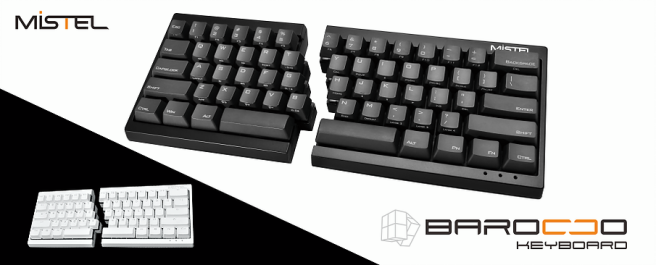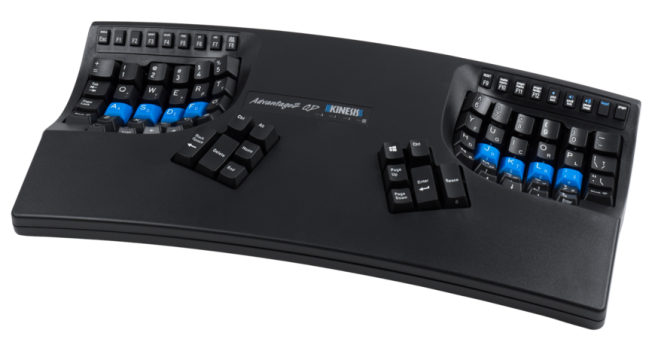
During this glorious month of April, with Camp NaNoWriMo in full swing and fiction oozing from every conceivable orifice, I figured I’d offer a look at the implements I use to mong words on a regular basis. I’d like to say up front that I absolutely love all the jams I’m about to show you, and I would absolutely encourage indulging in them if they are of interest. I am not, however getting paid a damn thing to pitch them to you. Nothin’. Nada. Zero. Zilch. Other synonyms for the nonexistence in the hard vacuum of dark space that is also deep within my black heart. There’s no affiliate links, no money coming my way whatsoever from any of this. And I’ll always tell you if there is, so you know that I’m being a horrible sellout.
With that having been said: LET’S LOOK AT SOME FANCY TWENTY-FIRST CENTURY WRITING SHIT
Novlr

Now I know that I’ve mentioned Novlr before, and it’s because I love it so much that, if Novlr were an an actual living woman, I would probably marry her and we’d spend the rest of our lives having little word-babies together.
Basically, Novlr resolved a lot of problems that I’d been experiencing with several other word processing tools. Once I switched over to my Chromebook a couple of years ago, I found myself using Google Docs a lot. And Google Docs is good for relatively short-form stuff. But problems start to arise when your document surpasses about thirty or forty pages of solid prose. Docs begins to choke on that much data; as the doc gets longer, the load time gets worse and worse, the lag time gets more and more noticeable, and eventually it becomes borderline unusable. This is sort of an issue when it comes to writing novels, because I write novels in big long sprints. The project in the image, The Children of Nemesh-Ka (working title), has been written in 30k- to 50k-word chunks. It is currently sitting in the realm of 114k because I literally do not know when to stop writing please send help.
If I tried to combine all of that into a single Google Doc, Docs would have taken one look at the word count and displayed a special pop-up window, just for assholes like me, that contains only a pixelated, low-res image of a raised middle finger.
Novlr, on the other hand, handles it all much more gracefully, offering some (but not all) of the same sort of organizational jams offered by Scrivener, but in a wholly online format. Chapters are accessed individually, so (unless you’re a psychopath) you never run the risk of having to load up 50k words all at once for editing. There are sections for notes, the ability to shuffle chapters around, and a recently added ability to break chapters down into scenes. There’s even a very functional EPUB/MOBI export function so you can dump your entire novel into an ebook that just needs a little tweaking before its epic release. The support staff is responsive and helpful with bug reports and other issues. On top of all that, there’s new features in the development pipeline constantly. They have a whole map that wants nothing more than feedback from the user base. I’m personally eagerly awaiting the full-fledged version of character profiles.
The sweetest part of the deal, though? Night Mode. My old-man eyes can’t deal with the stark whiteness of the typical blank word processor page at any time of day. If I’m using a word processor without a Night Mode, I wind up being more concerned about how my eyes are melting into a foul, smoking jelly streaming from my sockets than I am with writing. Night Mode makes it much more comfortable to write for long stretches of time, and let’s be real: writing is hard enough as it is without being physically uncomfortable while doing so.
As a result, I’ve switched over to using Novlr for basically everything short of outlines, which I still write in Docs for ease of reference. And seeing as Novlr is only ten bucks a month (and you can temporarily suspend your account at any time if you don’t happen to need it for a few months), I feel pretty good about it moneywise, also.
Mistel Barocco Split Ergonomic Keyboard

When I picked up my Mistel Barocco MD600 keyboard (the one I own and use is pictured at the top of this post), I did so after a lot of research. I had very particular requirements for a keyboard that evolved significantly over time. The first step was the siren song lure of the mechanical keyboard. Some deep, romantical part of my writer’s soul loves the clickity-clack of mechanical switches more than it could ever love the vaguely squishy but quieter feeling of more common silicon-membrane keyboards. So I knew that I needed a mechanical beastie at my side for all of my writing adventures.
One thing I knew I didn’t need was a gaming keyboard. You can recognize a gaming keyboard from a mile off because it looks like there’s a fucking rave happening somewhere underneath the keys. A rave that you were not invited to.

Source.
I am literally too old for this shit. And aside from which, the acid-trip underlighting usually means that the keyboard winds up costing way more than it really should (along with the fact that it is being marketed as a specialty product for gamers—a factor that dials up the price point even further).
This meant that my first instinct was to go to Unicomp and pick up one of their Ultra Classic Black Buckling Spring keyboards. It’s got a reasonable price point, and the whole jam is modeled on the same blueprints as the workhorse IBM Model M keyboard, which was available in various forms from 1985 to 1999. That’s an almost unheard-of shelf life for a computing peripheral. Just think about how your standard cutting-edge laptop is literally obsolete by the time you receive it in the mail and open the box.
But you may recall how I am old. As time went on and I purchased a house and wrote more and more, I began to realize that ergonomics were really becoming an issue. Recurring tendinitis was beginning to afflict both of my wrists, badly enough that I went ahead and purchased an ergonomic keyboard for work.
This left me with a conundrum. Mechanical keyboards are expensive enough, but ergonomic mechanical keyboards? Aside from being functionally unheard of, they tend to be a) ludicrously overpriced, b) “build-your-own” kits that require learning to solder circuit boards, c) literally insane in their layout, or d) all of the above.

Source.
Which is why I searched until I found, with some relief, the Mistel Barocco Ergonomic Split Keyboard. It has a reasonable price point, it takes care of one of the harshest parts of the standard keyboard layout (the unforgiving straight-ahead arrangement of the keys), and it can be purchased using any of a variety of Cherry MX mechanical key switches.
If you’d like to go down the same rabbit hole I dived into, here’s a video that demonstrates how each of the different Cherry MX switches sounds. I opted for the brown switches, because they required the lowest force to press down the key but still offered a satisfying tactile and auditory experience.
So now my Mistel is the instrument I play to make the words in Novlr, and those words turn into sentences, which turn into paragraphs, which turn into chapters, and eventually—after a long and messy process—a novel paws its way out of the filthy membrane of my mind like a full-grown Uruk-Hai.
So those are my modern tools of the trade. Next week I’ll go over my more primitive preferences, which involve barbarisms like liquid ink and pulped dead trees. It’s gonna be sexy as hell.
How about you guys? What are the electronical gadgets and applications you use to make the words go? Put ’em in the comments!

I have just started using the Self Control app. It blocks any website you want for a set period of time. This may sound like something that good ol’ fashioned will power could fix, but I ain’t got none of that. Also, it prevents me from falling into research rabbit holes. I’m very guilty of hitting a point in my writing where it’s no longer fun and all I wanna do is just mindlessly scroll the internet, so I tell myself i need to research. This is generally false and quite a procrastination technique. Self Control stops me from swimming through Wikipedia for hours on end.
LikeLike
Neat! That’s a really good tool to have on hand, especially when you’re aware that you have a habit of doing something that’s counterproductive during Sacred Letters Time.
I feel like willpower is one of those things (like common sense) where you check every once in a while to see if you’ve maybe grown some overnight and and then you’re like, “Nope, sure haven’t. Guess I’ll have this entire gallon of mint chocolate chip now.”
LikeLike